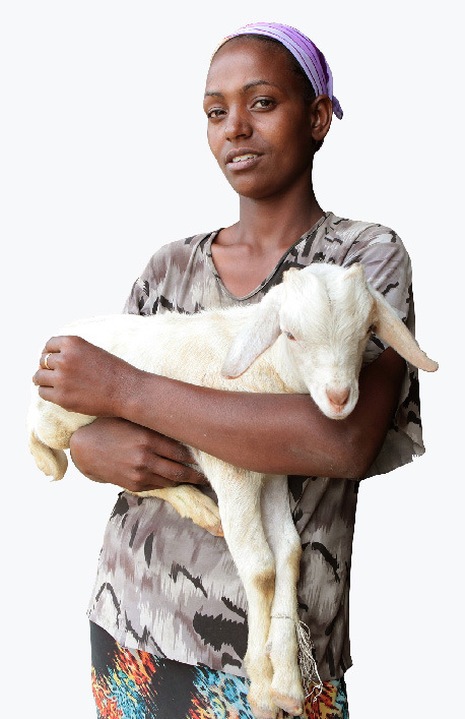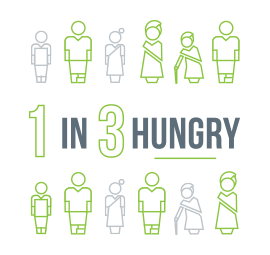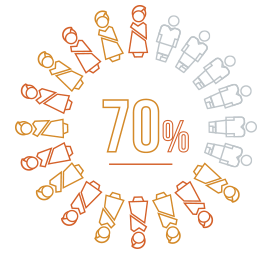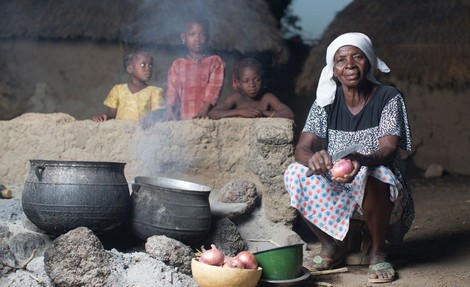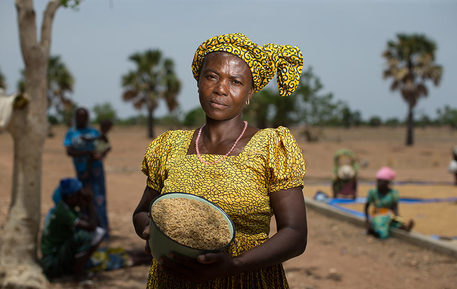|
The concept of the trip is be to highlight in a somewhat unusual way, the connection and long relationship between Ireland and the African Continent, and not only to try to help raise funds on the way, but to raise awareness of the great work being done by Gorta, Self Help Africa, both at home in Ireland and particularly in the Countries where Gorta are active.
GORTA-SELF HELP AFRICA Gorta - Self Help Africa are dedicated to ending hunger and poverty in rural Africa. 250 million people in Africa, farmers and their families, suffer hunger and malnutrition, struggling in extreme rural poverty without enough food; left behind by rising economic growth. Gorta-Self Help Africa is a leading international development charity with an expertise in small-scale farming and growing family-farm businesses. We are motivated by injustice, by our expertise in small-scale agriculture and family-farm business, and the opportunity we have to help small farmers change the lives of their families. 414 million people across sub-Saharan Africa live on less than $1.25-a-day. This extreme poverty is concentrated in rural areas, where subsistence farming keeps people in poverty, working poor-quality land, unable to sell at market, and growing barely enough to eat. |
Growing InequalityThe world’s 5 most unequal countries are all in sub-Saharan Africa.
Despite economic growth, there’s increasing inequality, and widespread hunger and malnutrition. A growing population moving to towns in search of work is putting more pressure on farming. |
MalnutricianOne in 3 people living in sub-Saharan Africa are undernourished.
Malnutrition is endemic, stunting children’s development and causing sickness, lifetime damage, and contributing to the premature death of millions of under-fives. Women and children are the worst affected. |
Gender balanceWomen produce up to 70% of the food grown on small farms in Africa.
More than half of farmers in sub-Saharan Africa are women. In spite of this, African Women receive just a fraction of the support available to men. As a result, their farms can be 20-40% less productive. |
